Hariri says Lebanon has to re-engage IMF to avoid collapse
Lebanon’s Prime Minister-designate Saad al-Hariri says the only way to stop the country’s economy from total collapse is to form a cabinet that can re-engage with the International Monetary Fund (IMF).
“The main priority of any government is to prevent the collapse that we are facing today... that we proceed to start halting the collapse with the IMF and regain the trust of the international community,” Hariri said at a press conference at the presidential palace in Baabda on Thursday.
His remarks came shortly after he concluded his meeting with Lebanese President Michel Aoun, who had called on the premier-designate to make way for someone else if he is unable to form a government.
Hariri hit back by telling the president that if he could not approve his cabinet line-up then he should call an election.
For more than six months now, the divided political elite has failed to form a cabinet.
Hariri was tasked with forming a government for a fourth time in October last year. That was one year after he resigned as prime minister amid mass protests. But he has failed to form a government.
The country has been without a government since the last administration resigned following a devastating explosion at the port in Beirut.
“After many weeks of introducing an integrated line-up to a non-partisan specialist government capable of implementing the reforms required to stop the collapse and start the reconstruction of what was destroyed by the port explosion in Beirut, I am awaiting a call from the president to discuss the proposed lineup,” Hariri said in a statement on Wednesday after Aoun asked him to visit the presidential palace to form a new government without further delay.
Lebanon is experiencing its worst economic crisis in decades, compounded by the COVID-19 pandemic. Prices are skyrocketing and more than half of the population is now living below the poverty line.
The Lebanese pound or lira has lost more than 90 percent of its value since the 1975-1990 civil war, plunging to a record low of almost 11,000 pounds to 1 US dollar. The financial crisis has plunged many into poverty and endangered imports as dollars grow scarce.
Last year, talks between Beirut and the IMF stalled over a row among government officials, bankers, and political parties on vast financial losses.
Since late 2019, the country’s politicians have failed to reach an agreement on a rescue plan to unlock foreign cash which Lebanon desperately needs.
The financial crisis took thousands of protesters to the streets this month, blocking key roads in anger at the entrenched political elite that has dominated since the civil war.
In a country where most of the food is imported, state subsidies have so far helped to partially curb inflation. However, with foreign currency reserves quickly melting, the authorities have warned they will not be able to keep them up much longer.
‘Ghost town’: 70% of Jabalia buildings destroyed by Israel
Mother’s Day: Sareh Javanmardi’s inspiring journey as Paralympic champion and mother
Russia downs over 40 Ukrainian drones as Putin vows 'destruction' on Kiev
VIDEO | Yemen: A bone in Israeli neck
D-8’s role in Iran’s economy after Cairo summit
China slams US as ‘war-addicted’ threat to global security
China ‘firmly opposes’ US military aid to Taiwan
VIDEO | Press TV's News Headlines


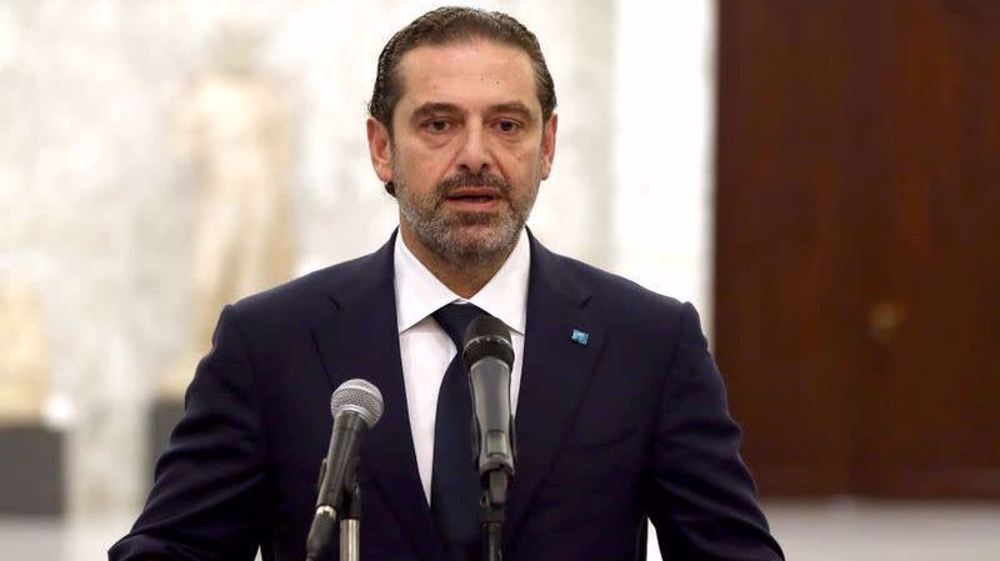

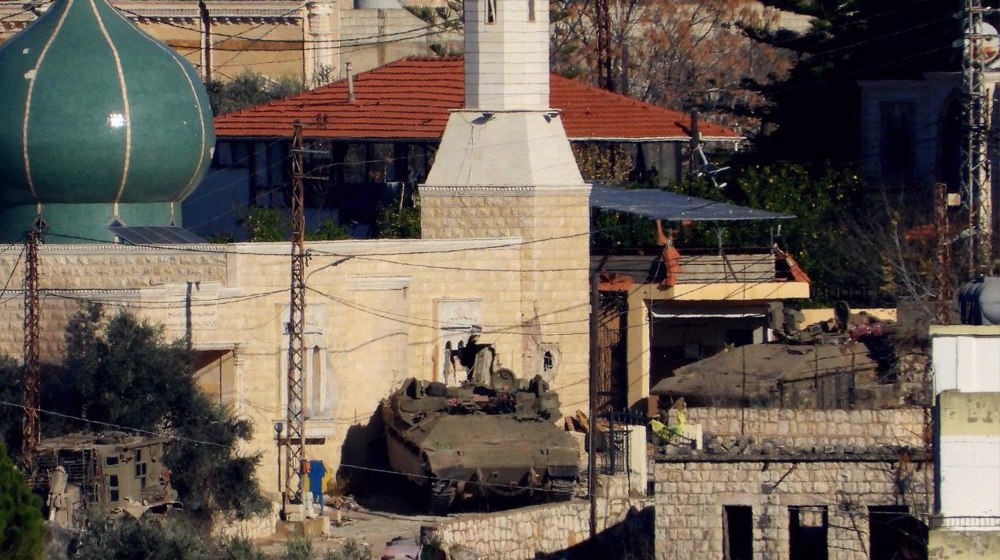




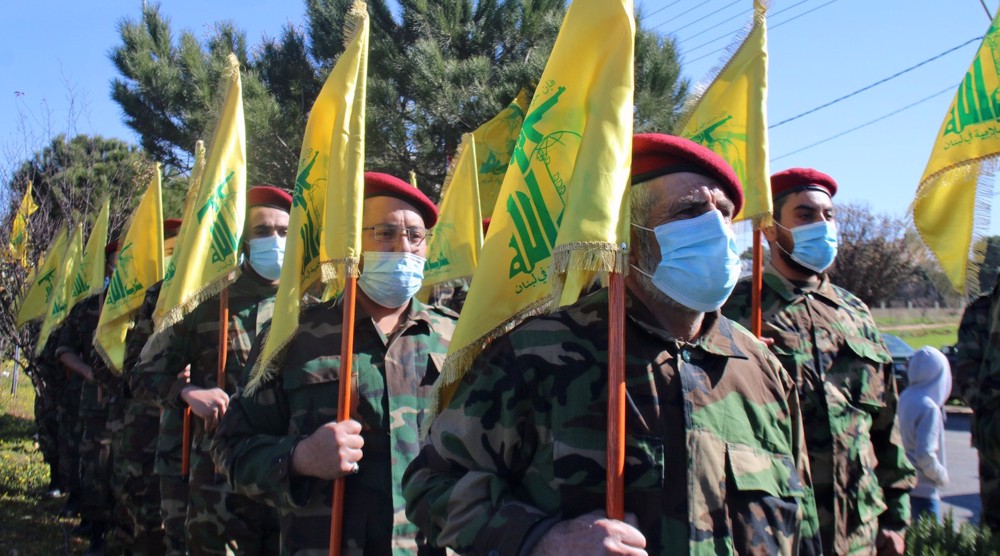
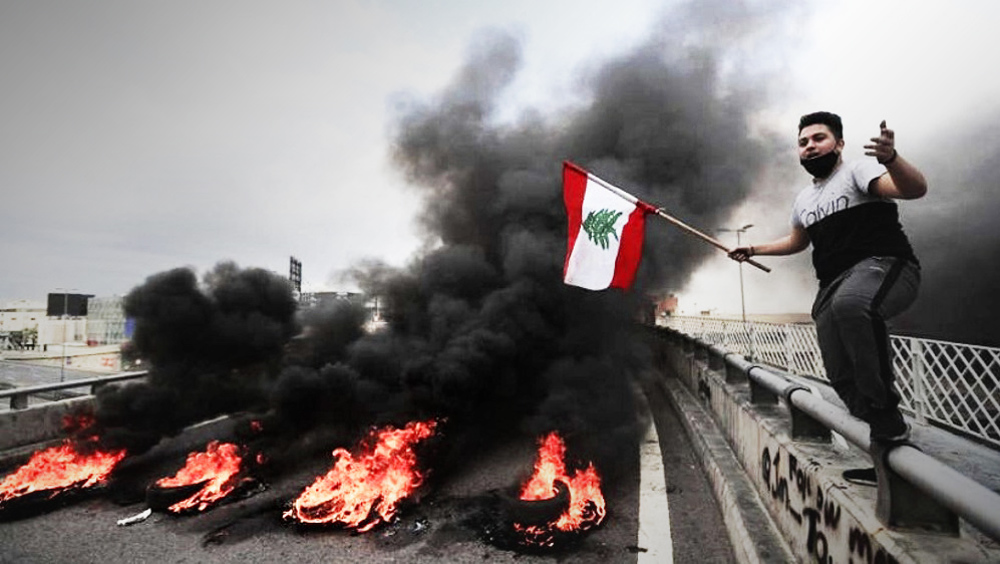
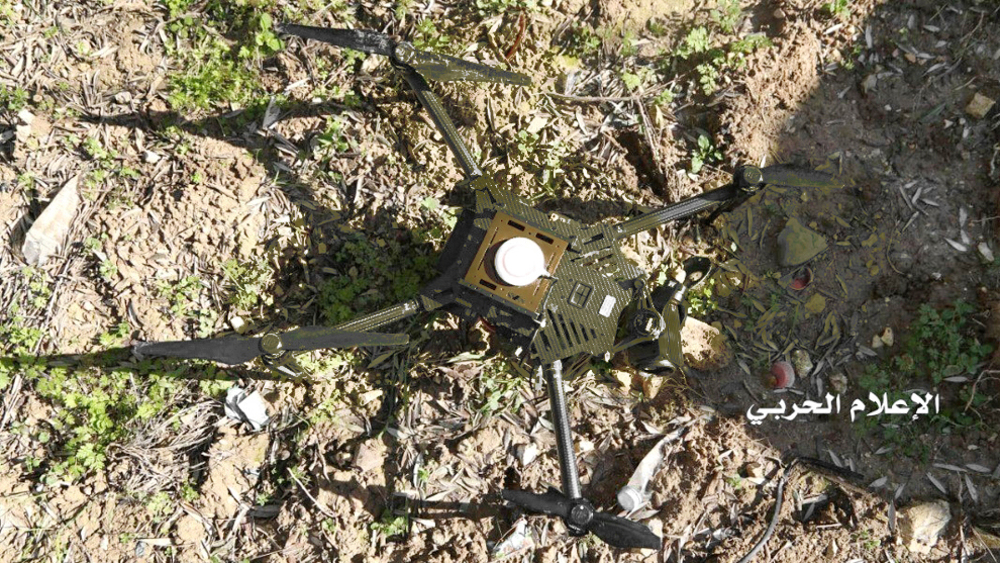

 This makes it easy to access the Press TV website
This makes it easy to access the Press TV website